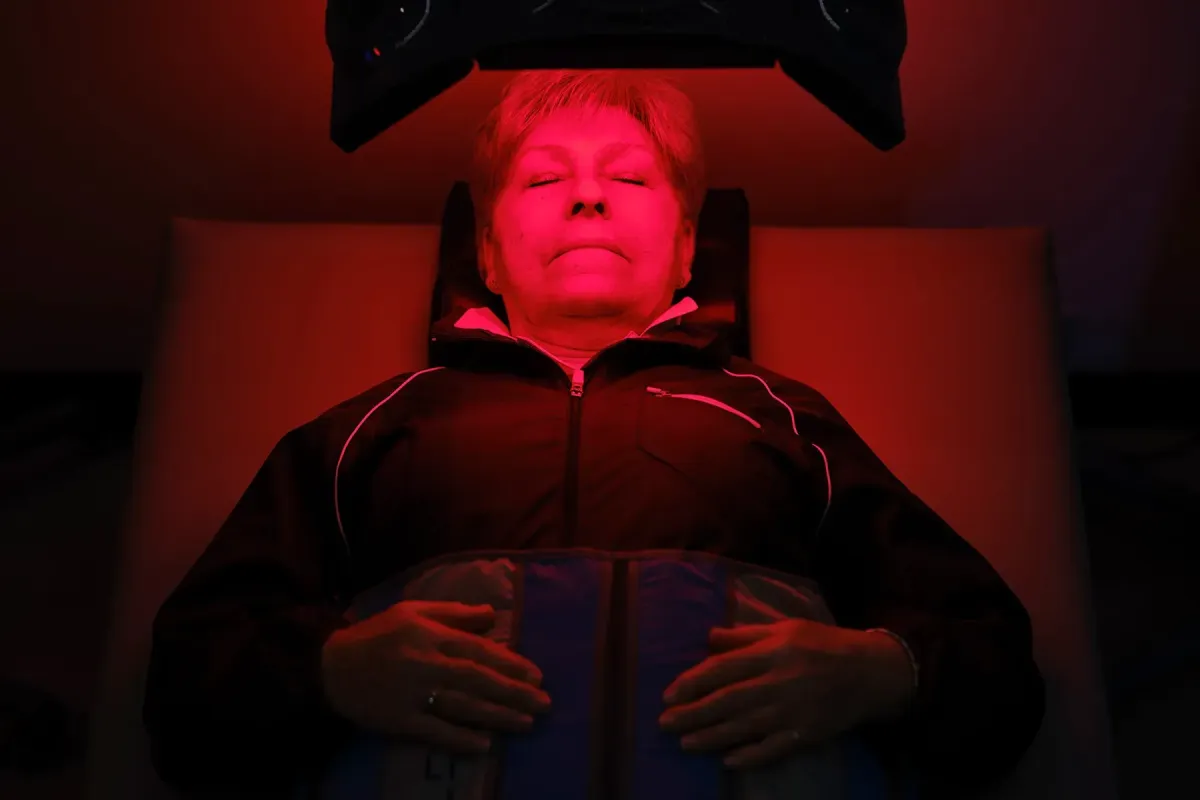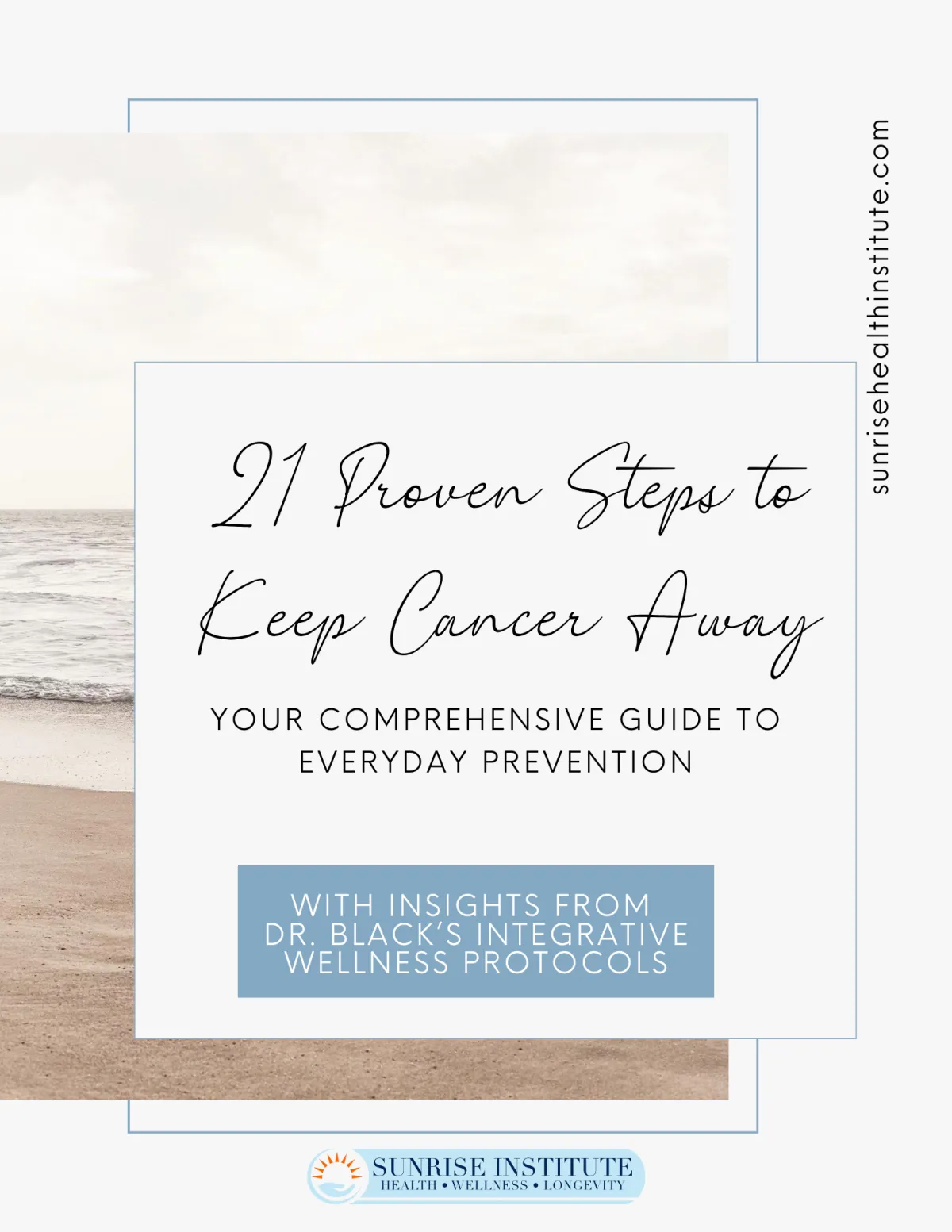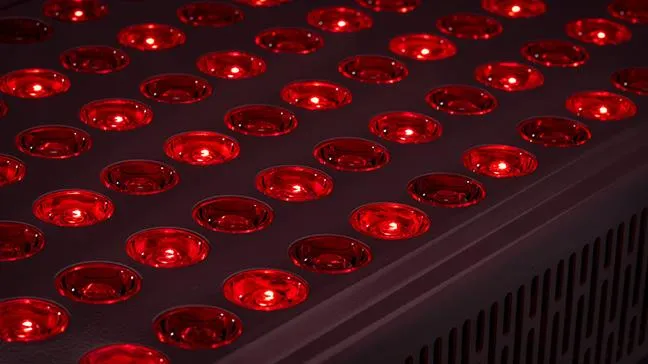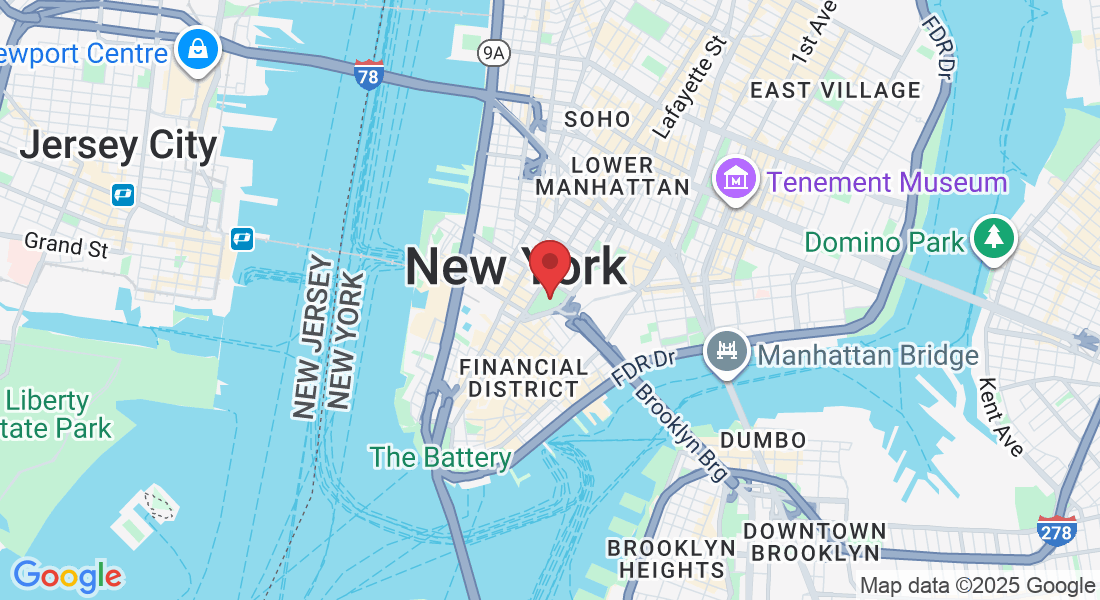The Truth About Red Light Therapy: What the Science Says About Fat Loss, Skin, Energy - and Cancer Recovery Support
Here is a Problem: Red light therapy is often marketed as a cosmetic or fitness gimmick, overlooking its potential as a powerful cellular intervention for those recovering from cancer and rebuilding long-term health.
In the modern wellness landscape, red light therapy (RLT), also called photobiomodulation, is frequently advertised as a tool for fat loss, skin rejuvenation, and energy boosts. But that surface-level view distracts from a more important truth. As a cancer survivor and former surgeon now focused on integrative health and longevity, I’ve come to understand that RLT offers far more than cosmetic support. When used appropriately, it can become a potent aid in post-cancer recovery, tissue repair, mitochondrial restoration, and immune modulation. At Sunrise Institute of Health, Wellness, and Longevity, we don’t promote magic bullets or standalone treatments. We combine evidence-based therapies into structured, customized programs tailored to those dealing with complex health challenges - especially individuals navigating life after a cancer diagnosis. Many patients come to us exhausted, inflamed, and unsure how to reclaim vitality. They’ve survived treatment - but their biology is still recovering. This is where RLT begins to make sense - not as a flashy solution, but as a deeply therapeutic addition to a precision recovery plan.

Want to Stay Ahead of Cancer? Get the Prevention Guide Thousands Are Talking About.
Download “21 Proven Steps to Keep Cancer Away” — the powerful, research-based prevention roadmap trusted by patients at Sunrise Health Institute.

Red light therapy enhances cellular function, reduces inflammation, and supports healing when integrated into structured post-cancer and longevity programs.
Let’s begin with what science tells us. RLT works by delivering specific wavelengths of red and near-infrared light that penetrate tissue and stimulate mitochondrial activity - mitochondria are the energy producing parts of your cells. This stimulation leads to increased ATP production, reduced oxidative stress (which is important because oxidative stress causes damage to DNA in the cells), and accelerated tissue repair. These mechanisms are particularly relevant in post-cancer recovery, where mitochondrial damage, fatigue, and systemic inflammation are common. Numerous studies from the last 10 years increasingly highlight RLT’s benefits in managing radiation-induced fibrosis, chemotherapy-related fatigue, and surgical wound healing. In patients recovering from prostate, breast, and colorectal cancer - our focus at Sunrise - RLT can be a valuable support tool to reduce local pain, improve skin integrity, and enhance energy metabolism. When paired with targeted nutrition, microbiome restoration, and hormonal balance, RLT helps move patients from a state of survival to resilience. For fat loss, RLT stimulates the release of lipids from fat cells through mitochondrial activation. While the direct effect is modest - typically 1 to 2 inches lost over time in targeted areas - this becomes clinically meaningful when used as part of an anti-inflammatory, metabolism-repairing program. At Sunrise Institute, we incorporate RLT into a broader strategy that includes anti-cancer meal plans, fasting protocols, microbiome testing, and metabolic tracking. In post-cancer patients with weight gain due to hormone therapy or stress, this synergy can help reduce visceral fat, improve insulin sensitivity, and stabilize metabolism without the strain of intense exercise.
On the skin, RLT’s collagen-stimulating effects are well-documented. This is especially important for individuals recovering from cancer treatments that deplete skin elasticity or leave scarring and hyperpigmentation. Through stimulation of fibroblast activity, RLT helps restore skin firmness, reduce redness, and accelerate tissue remodeling. At Sunrise Institute, we amplify this effect through the use of collagen-enhancing nutrients and circulation-boosting therapies. The goal is not vanity - it’s renewal. These changes help patients regain confidence and a sense of wholeness in their post-treatment bodies. When it comes to energy, the effect of RLT is most profound. Many post-cancer patients face lingering fatigue, brain fog, and systemic burnout. This is often due to mitochondrial damage, systemic inflammation, and poor sleep - all of which RLT can improve over time.
New research in 2025 shows promising links between red light exposure and neurocognitive recovery, including enhanced neural firing and reduced anxiety markers. At Sunrise, we place RLT sessions into programs that also address circadian rhythm regulation, adrenal support, and mitochondrial nutrient repletion. The result is sustainable energy restoration - not a spike, but a steady, foundational rebuild.

Red light therapy should be part of a strategic, physician-directed recovery protocol - especially for cancer survivors seeking long-term wellness.
Red light therapy alone will not heal cancer, nor will it replace medical treatments. But within the right framework, it becomes a deeply restorative and safe adjunct therapy for those rebuilding health after illness. We’ve seen its impact on inflammation, mood, scar healing, and energy production in our patient base. The scientific literature continues to evolve, but the direction is clear: when used with structure, precision, and purpose, RLT supports true physiological repair. At Sunrise Institute, we do not separate beauty from biology or weight loss from wellness. Everything we do begins with testing, personalization, and accountability. Whether you’re seeking post-treatment recovery, metabolic balance, or graceful aging, RLT plays a supportive role in a bigger journey - one led by data, compassion, and strategy. If you're recovering from cancer or seeking a comprehensive wellness plan, explore how RLT fits into your path. Visit sunrisehealthinstitute.com to book a consultation and take the next step in your health transformation.
Disclaimer: For informational purposes only.
This content is not a substitute for professional medical advice, diagnosis, or treatment. Always seek the guidance of a qualified healthcare provider with any questions regarding your health.
Get In Touch
Email: [email protected]
Address
Ormond Beach, Florida
Assistance Hours
Mon – Fri 10:00am – 4:00pm
Phone Number:
123-456-7891

